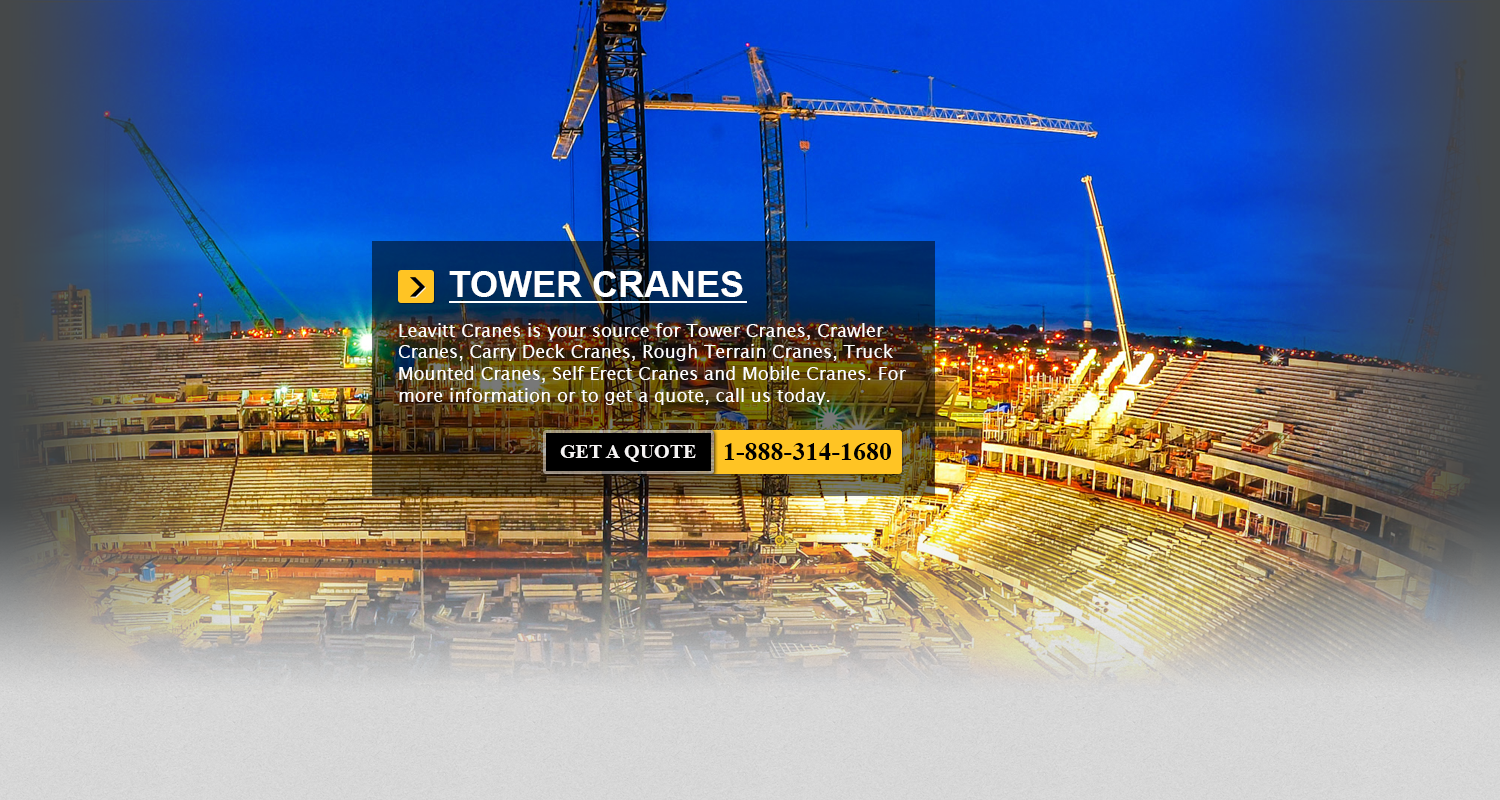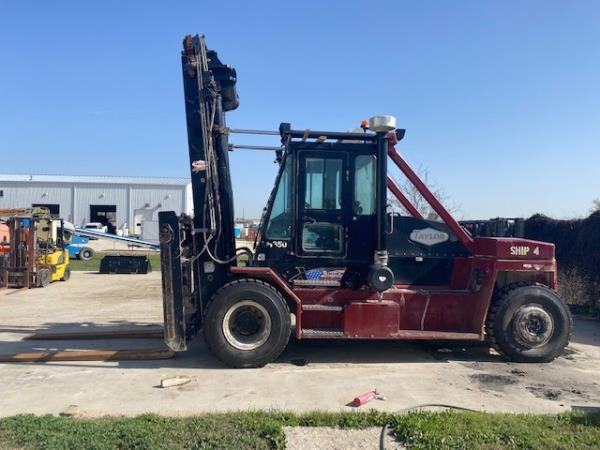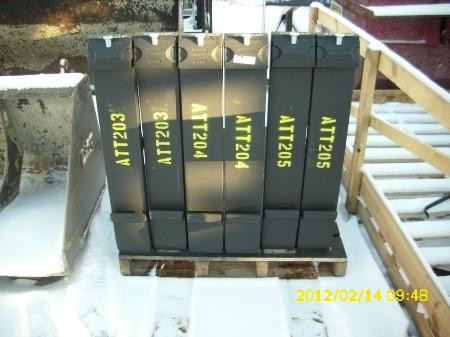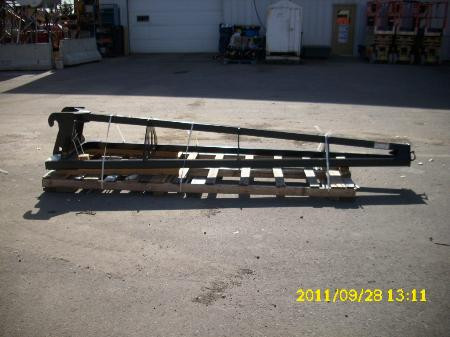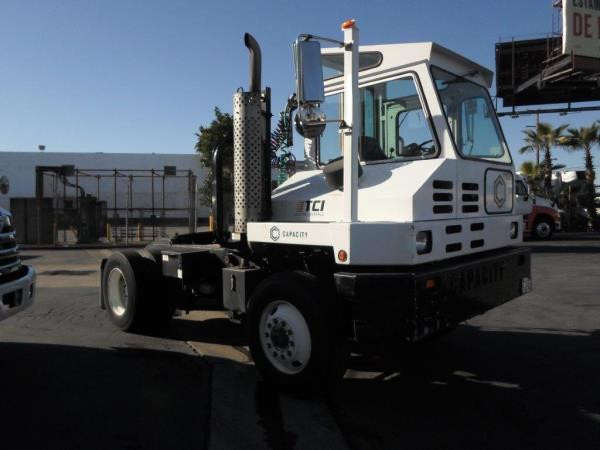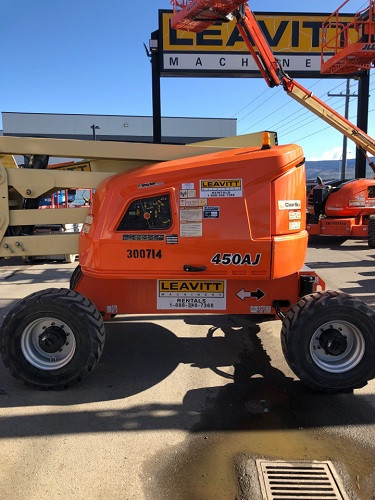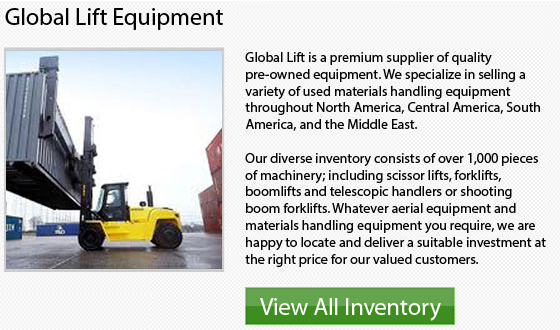
Nissan LP Forklifts Salt Lake City
Propane Forklifts
Besides the inconvenience of having to change the propane cylinder, there are some risks associated with running out of fuel with propane forklifts. These models are quite a bit lower in their cost than electric and diesel lift trucks. The debate to whether or not the propane emissions are cleaner than diesel emissions continues in the industry.
When it comes to performance, propane forklifts seem to handle better than most electric models on the market when the job requires high applications and constant duty drive line torque. There are some electric units which are reputed to handle better or equally. Depending on the specific circumstances, propane lifts may or may not be acceptable for handling food and edible goods. Provided that WorkSafeBC criteria are met, propane forklifts are acceptable for the majority of indoor applications.
The Drawbacks of LPG Propane Forklifts
Several of the major drawbacks of LPG forklifts are that compared to diesel trucks comprise: they are not as effective in applications that require high and or constant duty drive line torque. These units have a liability exposure, because of the possibility of a fuel system leak whilst the truck is located indoors. Furthermore, operators should be trained on the safe handling of propane fuel. The rearward visibility off of the back end of the counterweight is restricted. This is because of the propane tank's location.
In comparison to diesel and electric units, cost of fuel is higher with propane models. There are possible injury claims due to the frequency and weight which propane tanks are changed; roughly every 6 hours of usage unless the place has a bulk fill station situated there. Propane lift trucks can be more difficult to start and run smoothly when they are used in freezing temperatures. In remote locations, propane fuel is not always available at once. In the next few decades, the fossil fuel cost is estimated to climb significantly. Take into consideration and plan for overall repair maintenance costs, as well as the total cost of ownership to be the highest of the 3 options.
Depending on what your specific applications are, there is certainly a possibility that the LPG forklift models will be ideal for you. It is best to take into account your specific lifting requirements and loads as well as the kinds of environments you would be operating in order to be certain that you purchase the right model that will suit all your requirements.
- Clark Warehouse Forklifts Salt Lake City
Forklift Safety Rules and Tips Each and every year, there are roughly 20,000 cases of accidents that are connected to using forklifts in the United States alone. And each and every year about 100 deaths... More - Liebherr Construction Cranes Salt Lake City
During the year 1949, the Liebherr family business was established by Hans Liebherr. His first claim to fame was the success of his affordable and easy-to-assemble mobile tower crane. It was upon this creation that... More - Haulotte Electric Boom Lifts Salt Lake City
The electric boom aerial lift allows personnel to carry out maintenance and building work at heights which were not previously accessible. An electric boom is designed with a work platform which can be lifted to... More - Jungheinrich Cushion Tire Forklift Salt Lake City
Pneumatic Tires The majority of tires utilized in modern times are considered to be pneumatic tires. The use of rubber in tires enabled the creation of pneumatic tires which allowed for a much more comfortable... More - Yale Propane Forklifts Salt Lake City
Narrow aisle lift trucks work by increasing the ratio of the storage space to the width of the aisle. Yale features the double reach NDR and the single reach NR units for aisle widths of... More
